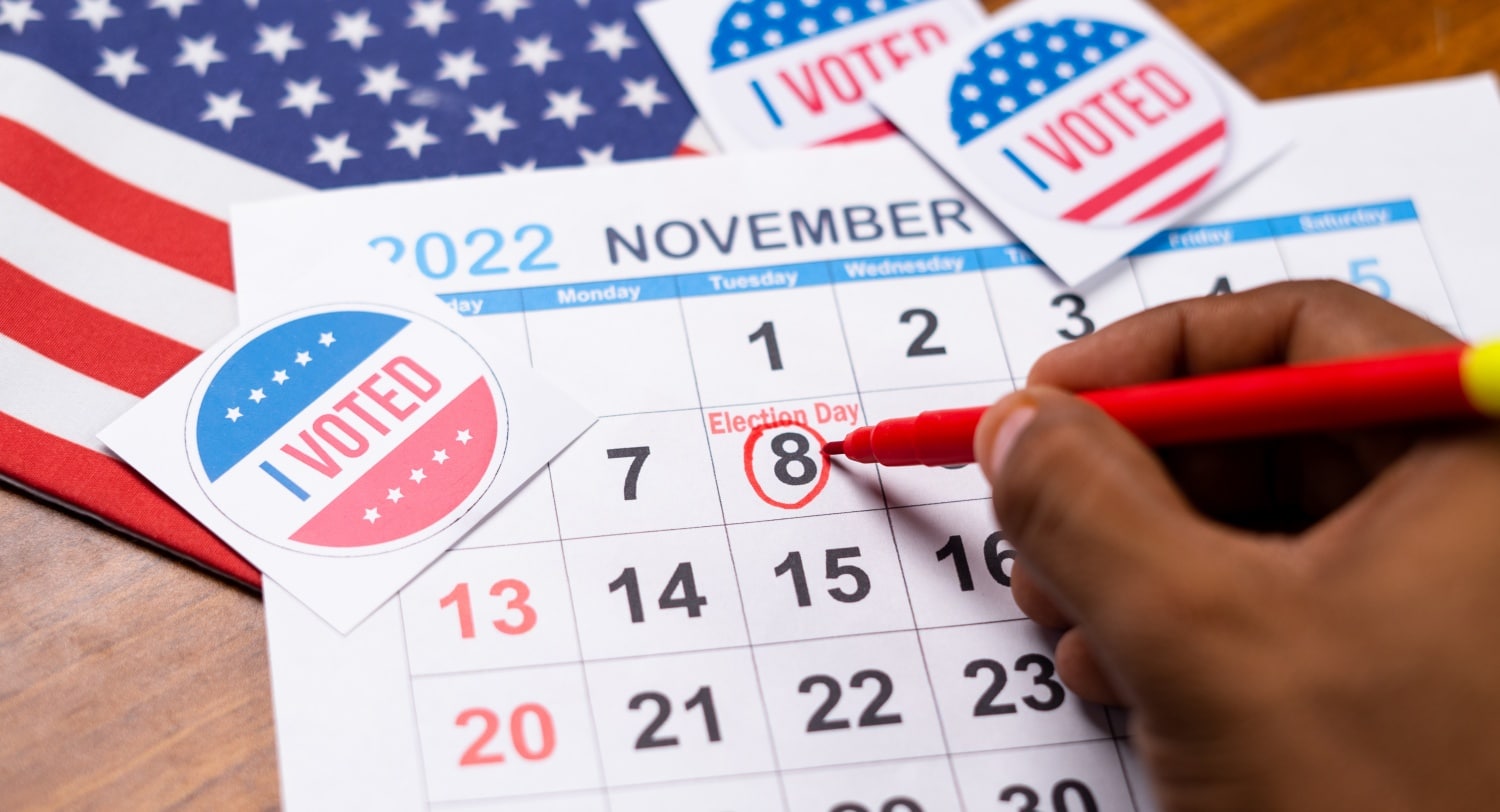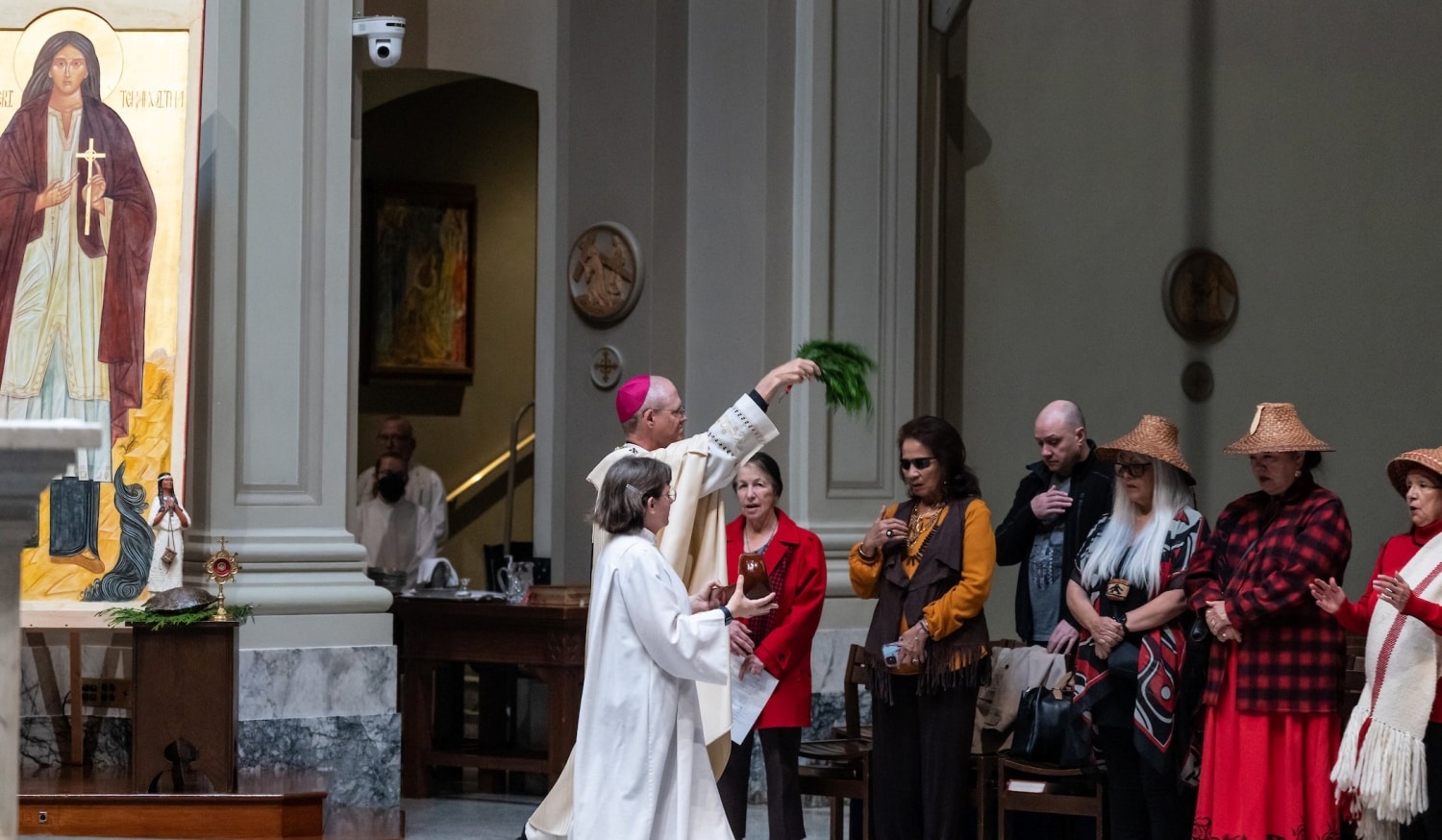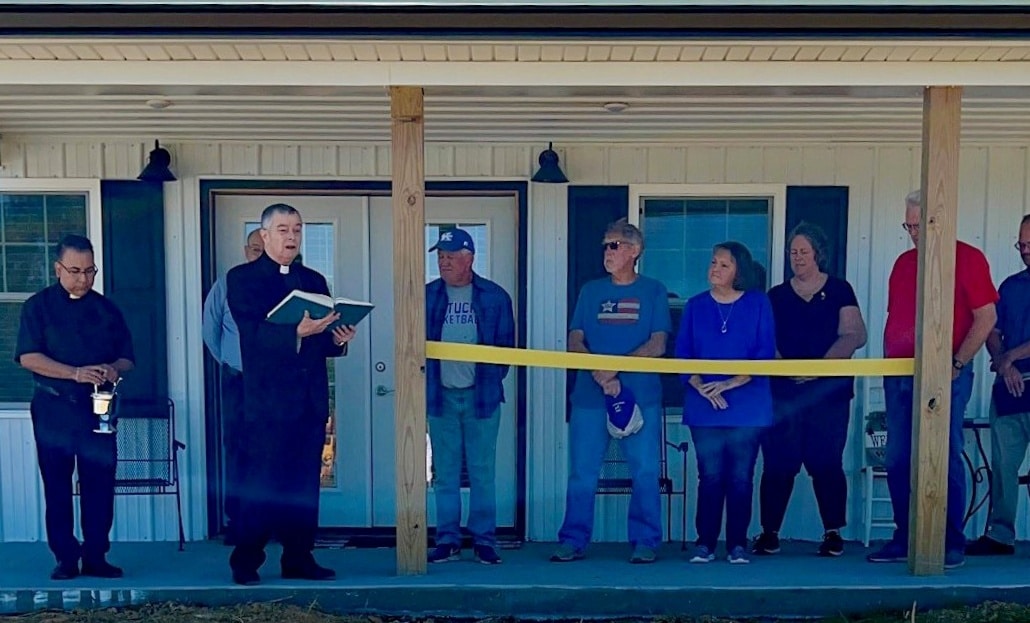 As millions of Americans prepare to cast ballots on Election Day, it may be helpful to recall a fundamental maxim of political life in St. Thomas More’s “Utopia”: “Anyone who deliberately tries to get himself elected to a public office is permanently disqualified from holding one.”
As millions of Americans prepare to cast ballots on Election Day, it may be helpful to recall a fundamental maxim of political life in St. Thomas More’s “Utopia”: “Anyone who deliberately tries to get himself elected to a public office is permanently disqualified from holding one.”
Widely read and enjoyed when More published it in 1516, “Utopia” — the name means “no place” in Greek — is a classic of ironic social and political commentary cast as a narrative about a fantasy land. The author frequently uses exaggeration to make serious points — here, that candidates for office shouldn’t be motivated by self-promotion and narrow partisanship but only by a disinterested desire to serve the common good.
Which brings us to the Nov. 8 election.
Thousands of women and men will compete for public office in contests that raise a host of local, state and national issues. But many voters will vote less on issues as such than on their own perception of the candidates’ personal strengths and weaknesses. In many contests, too, the key factor determining the result will be which party does the best job persuading its adherents to vote.
Inflation
Issues, of course, will matter on both counts — though indirectly — by helping to shape how voters view candidates and motivating them either to turn out or stay home. Political observers concur that this year two issues stand out: inflation and abortion. Others considered to be in play are crime, immigration and education, including parents’ rights. But inflation unquestionably impacts the largest number of voters, most immediately through the rising cost of basic goods such as groceries and gas for the car.
The fallout from America’s current inflation includes the highest inflation rate and the most rapid fall in real wages in four decades, the highest prices of gas ever and the largest rise in food costs since 1979. And looming in the not-so-distant future is the real possibility of a serious recession as the Federal Reserve, accused of not reacting fast enough to curb inflation, is now committed to sharp, regular interest rate hikes to cool off the economy.
Economists say presidents have less influence on the economy than is widely supposed. But President Joe Biden gets blamed for adding fuel to the inflationary fire early last year by pushing a $2-trillion economic stimulus bill that poured more federal money into the economy at a time when it was already recovering from the pandemic-induced doldrums.
Abortion
If inflation is an issue for Republicans in this election, for Democrats, the issue for several months has been abortion.
Until June 24, abortion wasn’t considered a big issue this year, but then came the Supreme Court’s decision in Dobbs v. Jackson Women’s Health Organization overturning the 1973 Roe v. Wade ruling that declared a constitutional right to abortion. In reversing that, the Dobbs decision touched off a furious reaction by pro-abortion groups supported by national media that and gave Democrats a welcome talking point for November.
Beyond the rhetoric lies legislation backed by Biden and congressional Democrats — the Women’s Health Protection Act, which critics say ought to be called the Unborn Child Destruction Act. The bill, which has passed in the House of Representatives and is pending in the Senate, would establish an unrestricted national right to abortion up to the point of viability and would allow for abortion after viability if a midwife or other health care provider said pregnancy was bad for the woman’s mental health.
The legislation also would overturn virtually every existing state law restricting the performance of abortion, undermine conscience protections for health care providers who oppose abortion and allow taxpayer funding of abortion via Medicaid.
After the 219-210 House vote that approved the measure last July, chairmen of two committees of the U.S. Conference of Catholic Bishops called it “the most extreme abortion on demand bill our nation has ever seen.”
“Deliberately ending the lives of defenseless and voiceless human beings is the antithesis of health care,” said Archbishop William E. Lori of Baltimore, chairman of the USCCB Committee on Pro-Life activities, and Cardinal Timothy M. Dolan of New York, chairman of the Committee on Religious Liberty.
When the Women’s Health Protection Act was blocked in the Senate last May, Biden urged voters to elect more pro-abortion members of Congress in November. “If they do, Congress can pass this bill in January and put it on my desk so I can sign it into law,” he said. In mid-October, he doubled down, saying that if voters keep Democrats in control of Congress, the first bill he’d send to Capitol Hill would protect abortion nationwide.
Gender ideology
Besides the abortion bill, congressional Democrats also back the so-called Equality Act,
legislation sought by LGBTQ interest groups making “transgender status” and “sexual orientation” protected categories under the Civil Rights Act of 1964. The House-approved legislation requires that LGBTQ persons have “access to … a rest room, a locker room and a dressing room that is in accordance with the individual’s gender identity.”
Before the bill’s passage by the House, five USCCB committee chairmen sent a joint letter to Congress calling it “the imposition … of novel and divisive viewpoints regarding ‘gender’ on individuals and organizations.”
“Rather than affirm human dignity in ways that meaningfully exceed existing practical protections, the Equality Act would discriminate against people of faith,” they said.
Biden, for his part, hailed House passage of the bill, calling it “historic legislation.”
Along with shaping the next Congress, the coming election will also be viewed as a de facto referendum on the first two years of the Biden presidency, with potentially significant bearing on each party’s choice of presidential candidate in 2024.
Besides other potential candidates, watching the election results with particular interest will be Biden, who, at 82, is already the oldest American president in history and whose job approval ratings have been hovering around 40%, and ex-president Donald Trump, waiting to see how candidates he backed for Congress and governorships fared even as he confronts a slew of legal troubles, including those related to taking classified documents with him when he left the White House.
On the whole, you’d be pardoned for thinking American politics in 2022 is not utopia.
Russell Shaw is a contributing editor for Our Sunday Visitor.
| Prayer for Civility |
|---|
|
Lord, make me an instrument of your peace. Where uncivil words prevail, show me how to model love. Help me remember the God-given dignity of all and invite others to do the same. Show me how to build bridges and not walls and see first what unites us rather than how we diverge. Let me seek to understand before asking to be understood. Give me a listening heart filled with empathy and compassion. May I be clear in sharing my own position and respectful and civil in describing those of others. Let me never tolerate hateful ideas. May I invite all to charity and love. Lord, help me to imitate your compassion and mercy. Make me an instrument of your peace. Amen. Source: USCCB.org |







